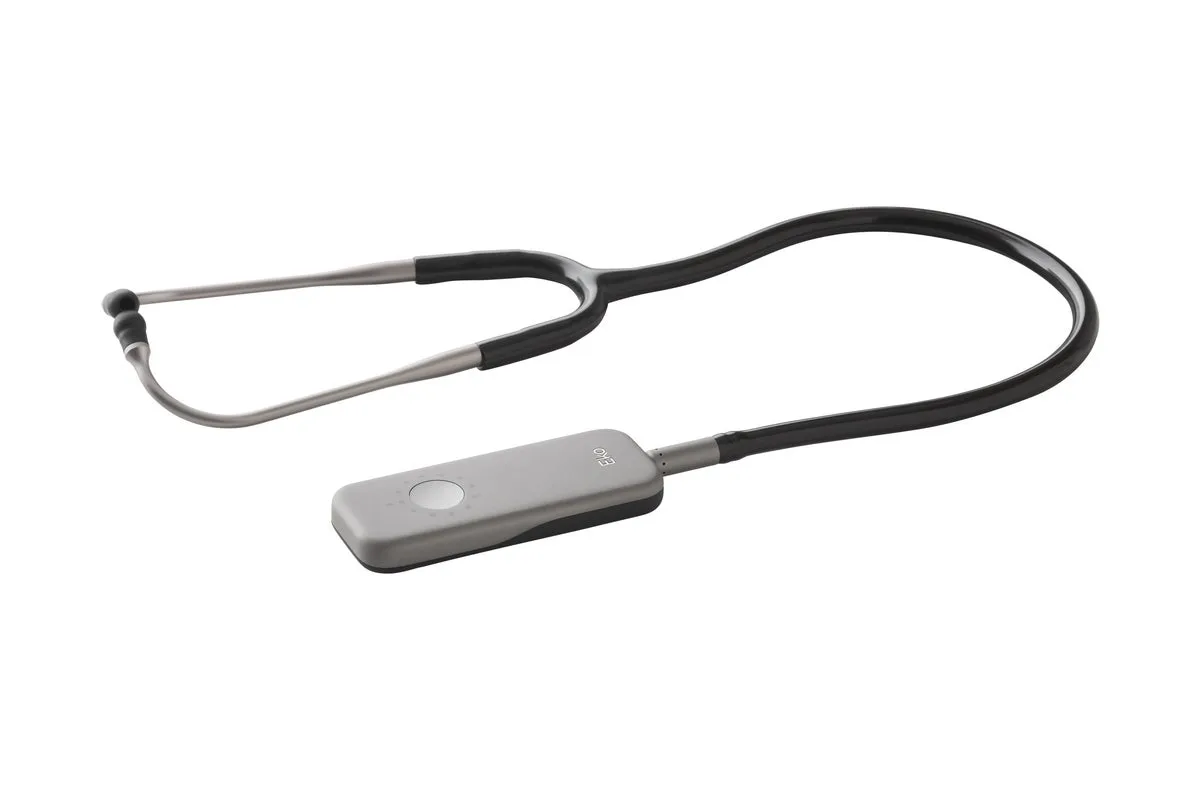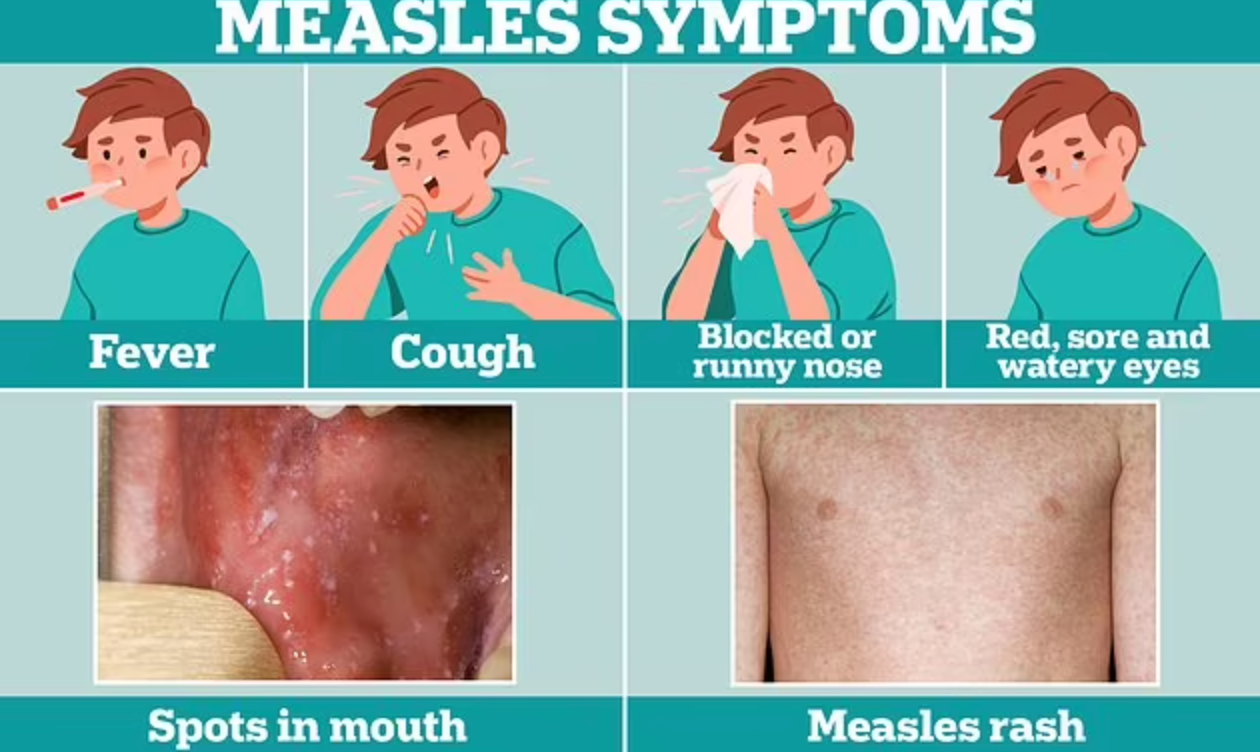A high cholesterol level is harmful to your health, promotes vascular deposits, and increases the risk of cardiovascular disease. One of the main triggers is an unhealthy diet high in trans fats, but there are numerous other causes that cause your cholesterol to rise.
What is cholesterol?
Cholesterol is a fat-like substance (lipid molecule) that is an important part of our cell membranes and the basic building block of many hormones. The body produces a large part of the cholesterol itself and forms it in the liver. We absorb the rest directly from food. Cholesterol occurs in different forms: A distinction is made between high-density lipoproteins (HDL) and low-density lipoproteins (LDL). LDL cholesterol is considered “bad” cholesterol, while its counterpart, HDL cholesterol, is considered “good” cholesterol. This is because it transports cholesterol from the blood to the liver for excretion from the body. LDL cholesterol, on the other hand, builds up in the arterial walls as plaque. This narrows the arteries and restricts blood flow. Such narrowing of the vessels is referred to by physicians as arteriosclerosis. Hardening of the arteries can have far-reaching and life-threatening consequences. Because plaque can build up in almost any blood vessel, organs such as the heart or brain can be affected, as can the extremities. The consequences: There is a risk of circulatory disorders and in severe cases, a stroke or heart attack.
5 causes of high cholesterol
However, so that it doesn’t get that far in the first place, it is advisable to know the causes that lead to high cholesterol. There are various triggers that raise your cholesterol levels. This includes:
1. Improper diet
The way we eat has a significant impact on our cholesterol levels. Animal fats in particular, found in processed meats, shellfish, and dairy products, can increase your cholesterol. Swap out those unhealthy saturated fats for unsaturated fats. These are mainly found in vegetable oils, legumes, and fatty fish.
2. Overweight
Anyone who tends to be overweight usually eats more food than is actually needed. There is also an oversupply of fatty acids, which accumulate as plaque in the vessel walls.
3. Lack of movement
Many people are aware that sport keeps you healthy and fit. Our cholesterol levels also benefit from regular exercise. Above all, endurance sports such as jogging, cycling or swimming have a positive influence on our cholesterol. Physical activity lowers “bad” LDL cholesterol while “good” HDL increases. In order to benefit from this benefit in the long term, you should look for a sport that you enjoy and that you like to practice.
4. Type 2 diabetes
According to the German Diabetes Aid, almost half of all type 2 diabetics tend to have a mixed lipid metabolism disorder. The neutral fats are slightly increased, while the good cholesterol is reduced. For this reason, diabetics should have their cholesterol levels checked regularly by their doctor. A low-calorie, high-fiber diet also helps to lower LDL cholesterol.
5. Smoking
Anyone who regularly reaches for a cigarette is bad for their health – many people are aware of that. Smoking is considered to be one of the greatest risk factors for elevated blood lipid levels. Pollutants such as nicotine not only constrict your blood vessels and therefore cause circulatory problems, but also increase your LDL cholesterol levels.




